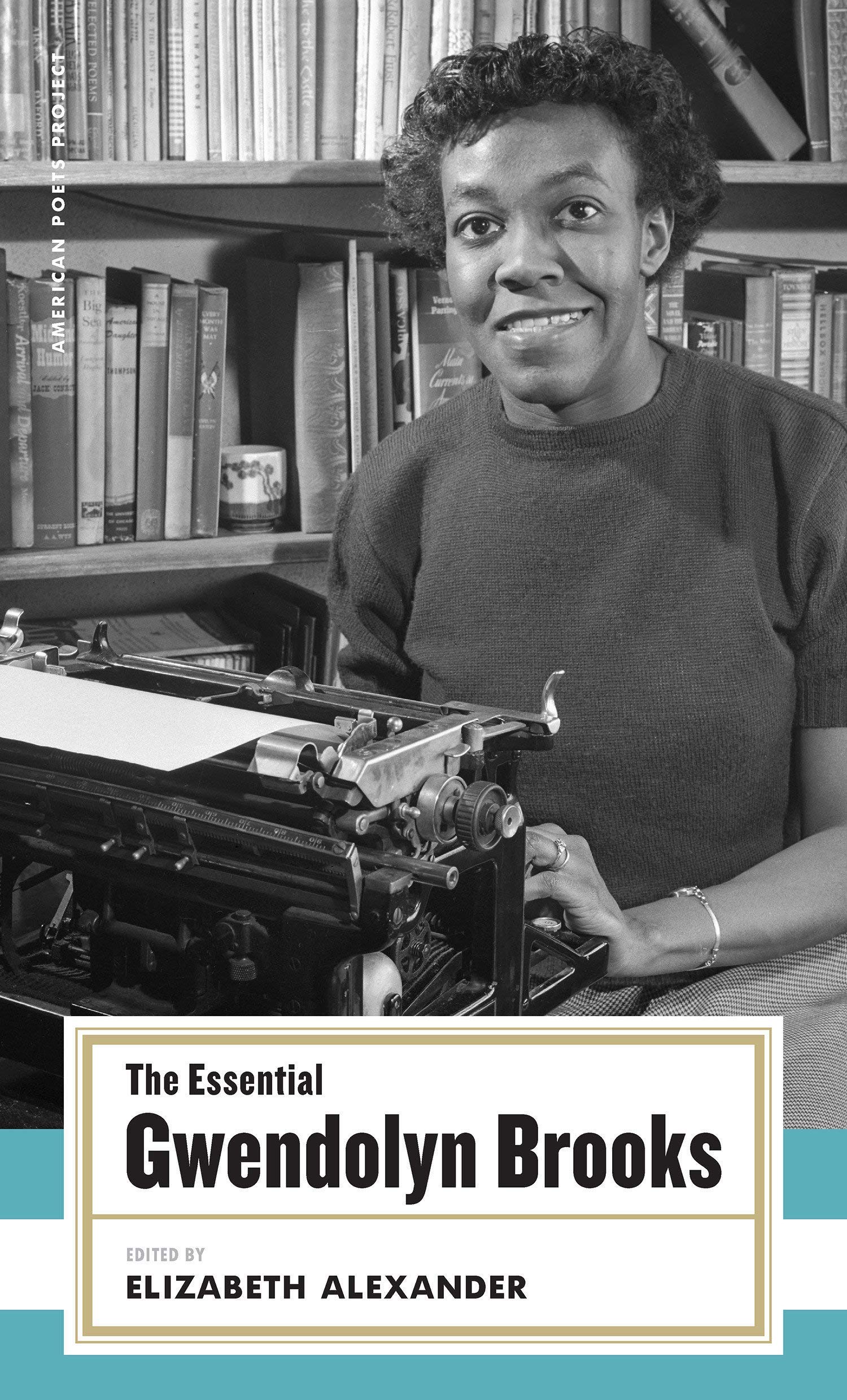By the Light of Poetry
I began writing this essay on Gwendolyn Brooks’s poem “the rites for Cousin Vit” in the midst of the coronavirus pandemic in May 2020. According to The New York Times, more than 5.5 million people world-wide have been infected with Covid-19 and more than 350,000 people have died from the virus (“Coronavirus Map”). I know these numbers will be infinitely higher by the time you read this. I also just learned this week that my dear friend MT, a comedian and writer I have known for more than twenty years, has died.
How can poetry help us now?
I believe that poetry, in some small yet essential way, defies death and finality. Poetry as an art form insists on presentness, that we are with the poem we are reading, word by word. Poetry is attention; poetry demands attention. We feel the breath of each word as it is given to us. And here is this stunning and vibrant poem by Brooks—a poet who is no longer alive writing about a person who is no longer alive. And yet as I read it, we are all very much here, present through Brooks’s attention to language and our careful listening.
Brooks included the gloriously defiant elegy “the rites for Cousin Vit” in Annie Allen, the first book by a Black writer to be awarded a Pulitzer Prize in Poetry. It is a groundbreaking collection and a groundbreaking poem. I discovered this poem in college in a Contemporary Literature class, and it has startled and entranced me, and scraped me off the floor many times. Brooks’s poem holds me up now as I mourn the loss of my friend and as the number of Covid cases and deaths rapidly multiplies, the numbers accumulating on some calculator from hell.
The poem “the rites for Cousin Vit” is a dynamic and innovative Italian sonnet that beats against its formal cage, as an elegy with punk-rock spirit and as a love poem written by a woman to another woman in a celebration of friendship. Even before the poem begins, the irregular capitalization of the title, which only permits Cousin Vit to have her capital-letter stage, signals the raucous poem to come. Brooks insists on the presentness and liveliness of Cousin Vit, her spirit dancing through the pour of luminous imagery and sound, and in edgy, poetic fragments that are both breathless and breathfull.
We are slapped awake from the poem’s opening lines: “Carried her unprotesting out the door./Kicked back the casket-stand. But it can’t hold her….” (1-2). Propulsive sound and syntax vault us into this funeral scene, with Cousin Vit entering as queen on her palanquin. Cousin Vit’s rollicking energy soon explodes, as she drinks, dances in bars, and visits old lovers. Brooks captures the aliveness of Cousin Vit via ruptured syntax: “Too vital and too squeaking. Must emerge” (9). Cousin Vit seems to rip through the poem itself, her spirit boldly rising up, free from the flesh.
With her “snake-hips” (10) and “bad wine” (11), Cousin Vit finally “comes haply on the verge/Of happiness, haply hysterics. Is” (13-14). I am awe-struck by this final declaration, this absolute insistence on the present tense “Is.” Cousin Vit is happy, animated, and alive in the world of this poem, and as readers we get to be in that world with her, thanks to Brooks. The syncopation and exuberant h sounds in these final lines help us hear the particular voice of this particular woman, whose spirit defiantly laughs and sings right through the page.
In an interview, Brooks claimed that “the rites for Cousin Vit” was written in honor of an “irrepressible” friend who was “unconfinable even in death” (Gayles 7). And so I dedicate this poem to my friend MT and to all of you and your beloveds who might be with us again in the light of this poem, in the light of poetry.
Works Cited
“Coronavirus Map: Tracking the Global Outbreak.” The New York Times, https://www.nytimes.com/interactive/2020/world/coronavirus-maps.html . Accessed 27 May 2020.
Gayles, Gloria Wade, editor. Conversations with Gwendolyn Brooks. University Press of Mississippi, 2003.




